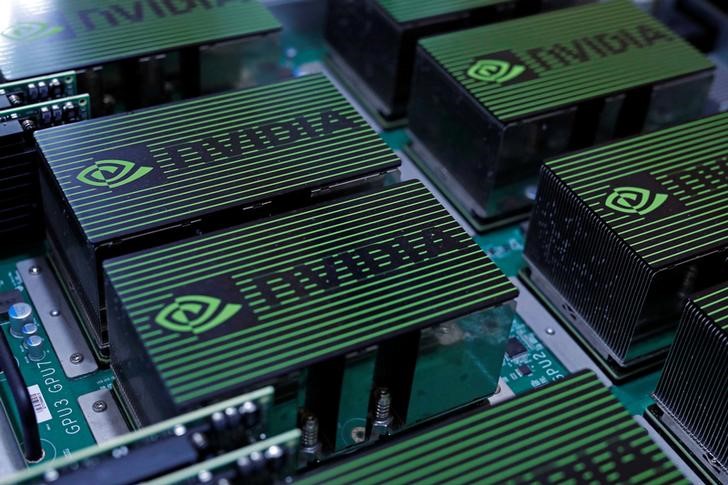In the ever-evolving landscape of technology, few companies have experienced the meteoric rise of Nvidia. Once known primarily for its graphics processing units (GPUs) powering high-end gaming PCs, Nvidia has become a central player in the fields of artificial intelligence (AI), data science, and high-performance computing.
This dominance is reflected in the company's soaring financial performance. Earnings reports consistently shatter expectations, with demand for Nvidia's hardware exceeding current production capacity. This insatiable hunger for Nvidia's technology extends across the tech spectrum, from established giants like Google and Amazon to burgeoning AI startups.
At the helm of this extraordinary success story is Jensen Huang, Nvidia's charismatic and visionary CEO. Huang, known for his boundless enthusiasm and unwavering belief in the future of AI, has steered the company beyond its gaming roots and into the heart of the technological revolution.
While Nvidia's core competency in GPUs still fuels its gaming dominance, the true catalyst for its exponential growth lies in its ability to recognize and capitalize on emerging trends. Early on, Huang saw the potential of GPUs for applications beyond just rendering pixels on a screen. He envisioned their parallel processing capabilities being harnessed for complex computational tasks, paving the way for advancements in AI and data science.
This foresight led Nvidia to develop specialized hardware specifically tailored for these new workloads. Their GPUs, boasting superior performance and efficiency compared to traditional central processing units (CPUs), became the go-to solution for researchers and developers pushing the boundaries of AI.
The impact of Nvidia's technology can be felt across various industries. In healthcare, researchers are utilizing Nvidia's GPUs to analyze medical images and develop life-saving treatments. In automotive, self-driving car companies rely on them to process sensor data and make real-time decisions. Even the world of finance utilizes Nvidia's hardware for complex simulations and risk analysis.
However, this rapid expansion comes with its own set of challenges. The global chip shortage has significantly impacted Nvidia's ability to meet the ever-growing demand for its products. This has led to inflated prices and frustration among customers, highlighting the company's vulnerability to external factors.
Despite these challenges, Nvidia remains a dominant force in the tech world. Its innovative products, coupled with Huang's visionary leadership, have positioned the company at the forefront of technological advancements. As the demand for AI and data-driven solutions continues to surge, Nvidia is well-positioned to not only cater to this demand but also shape the future of technological innovation.

